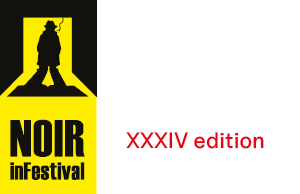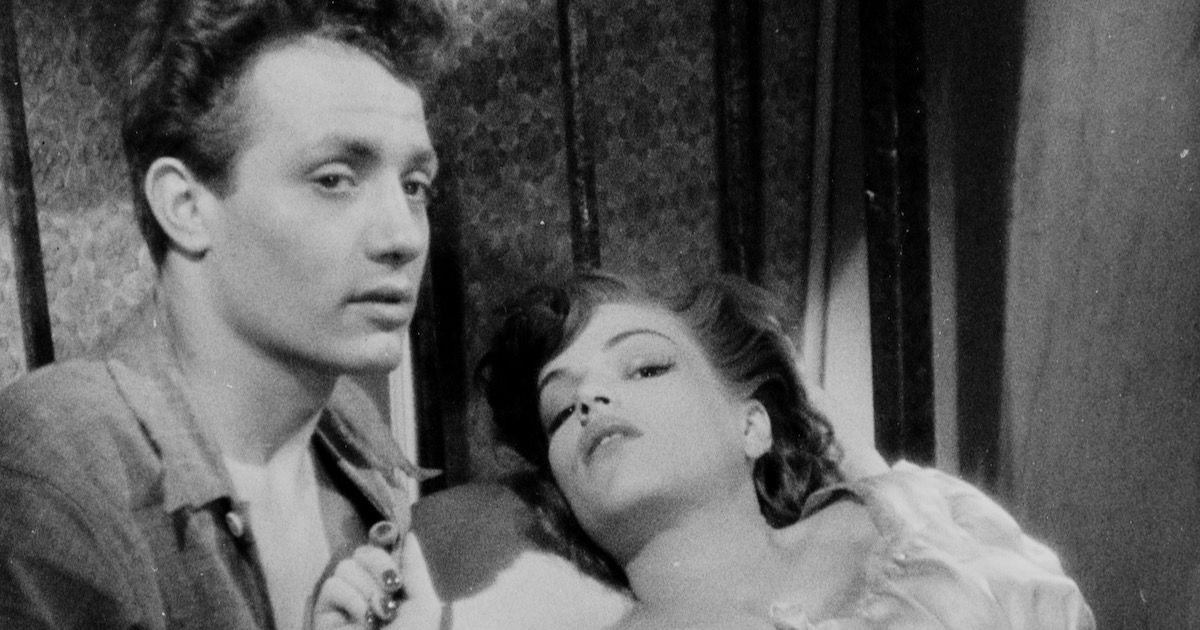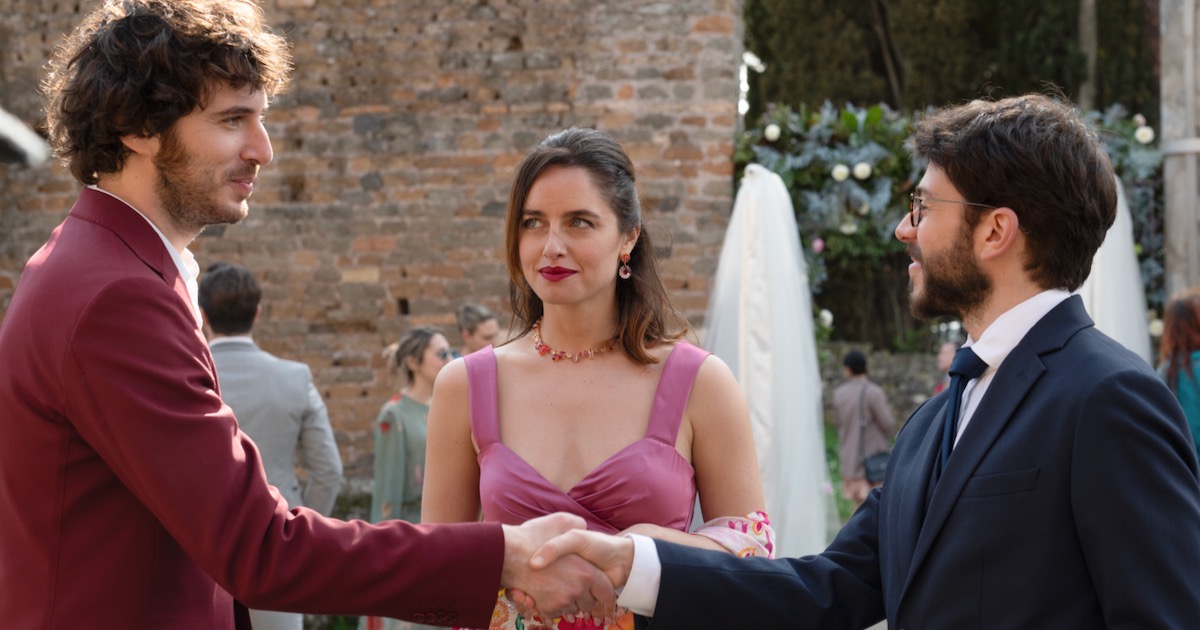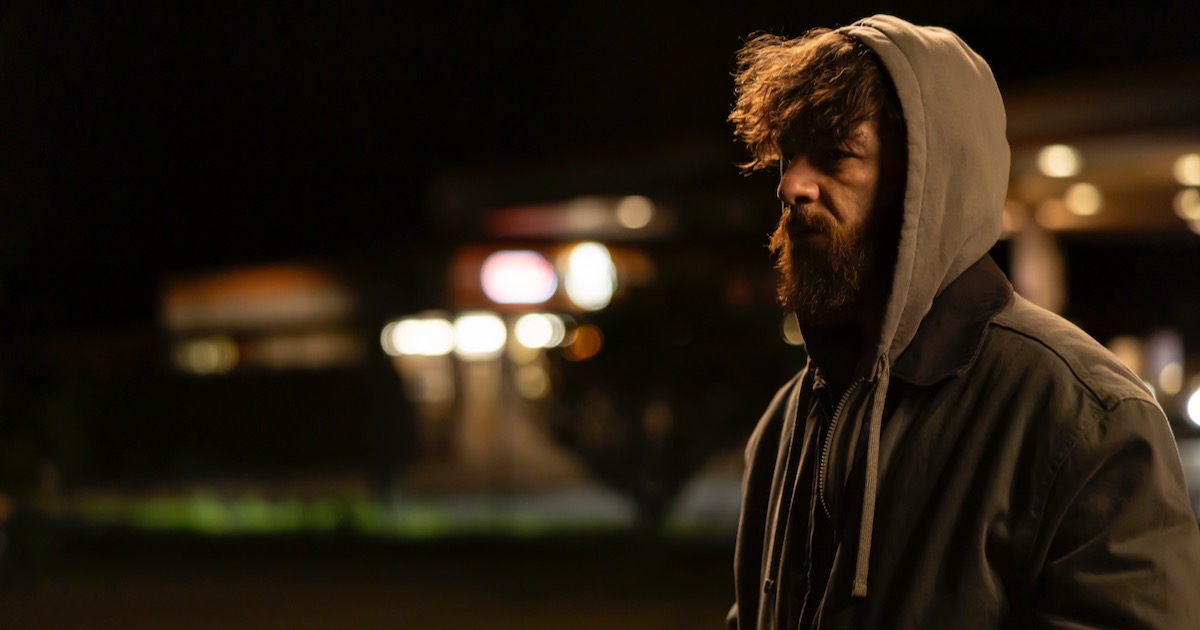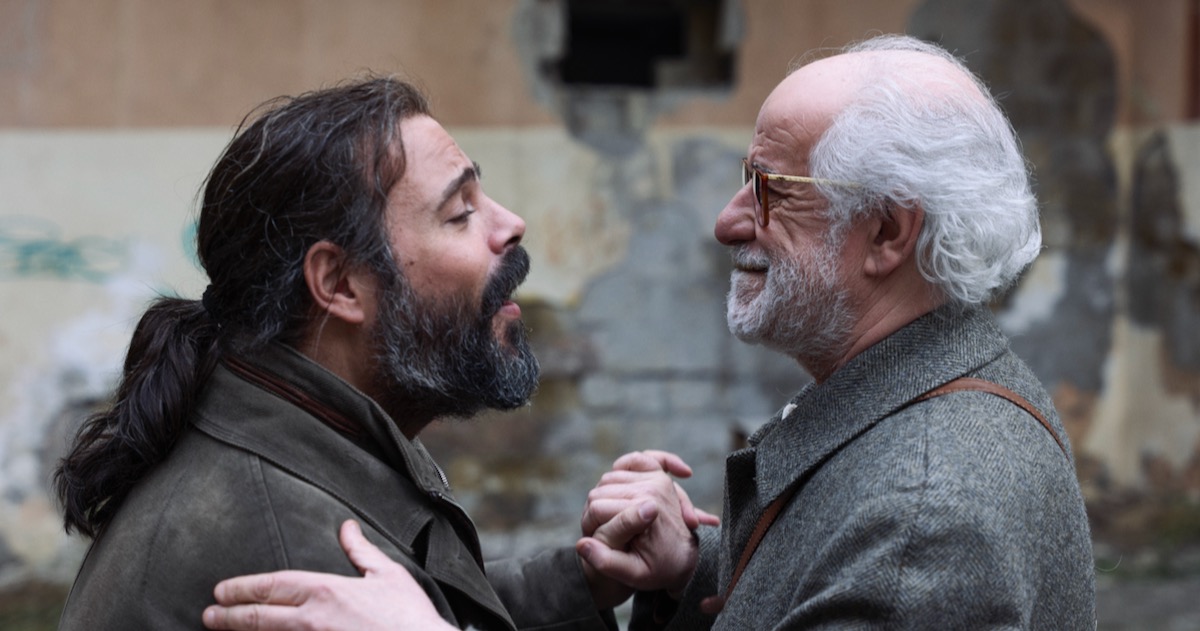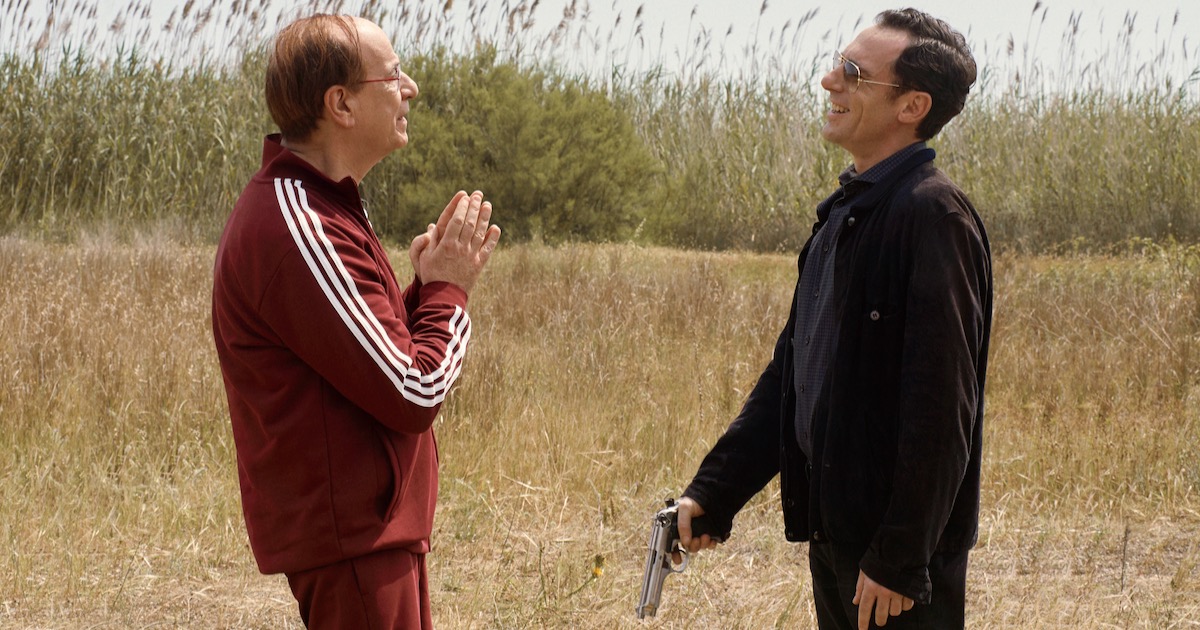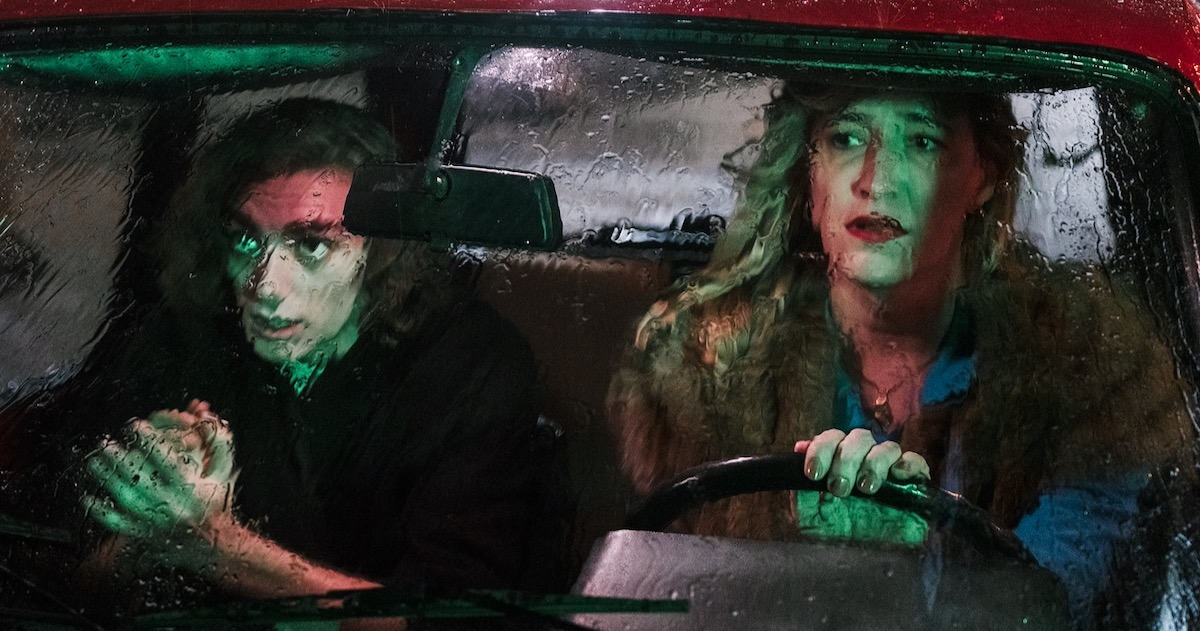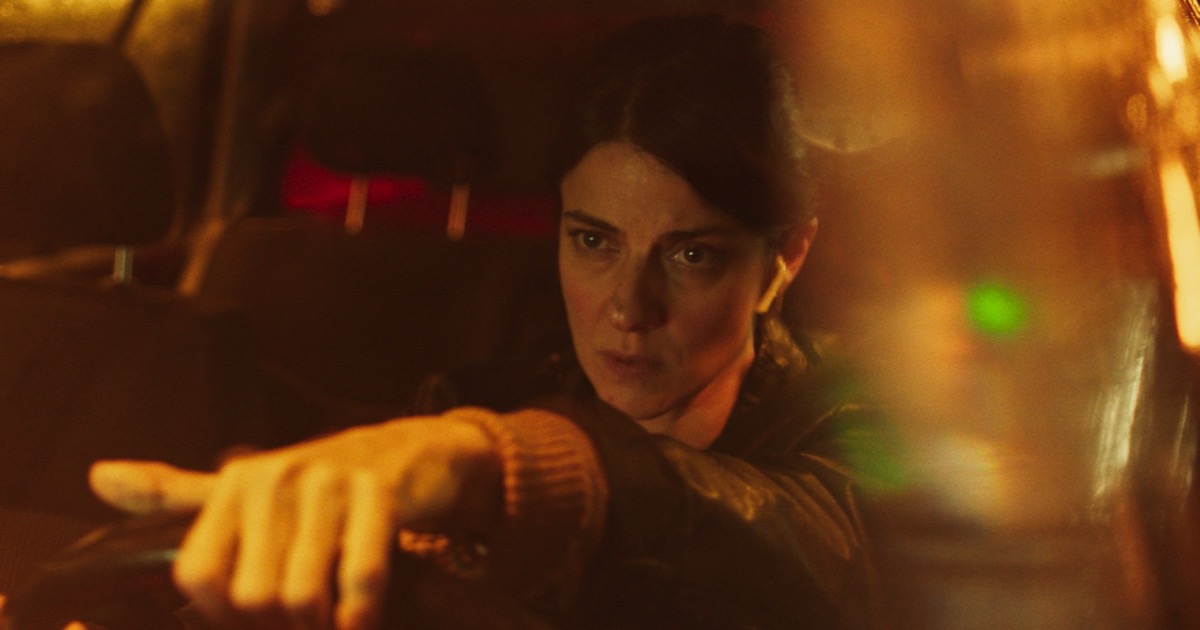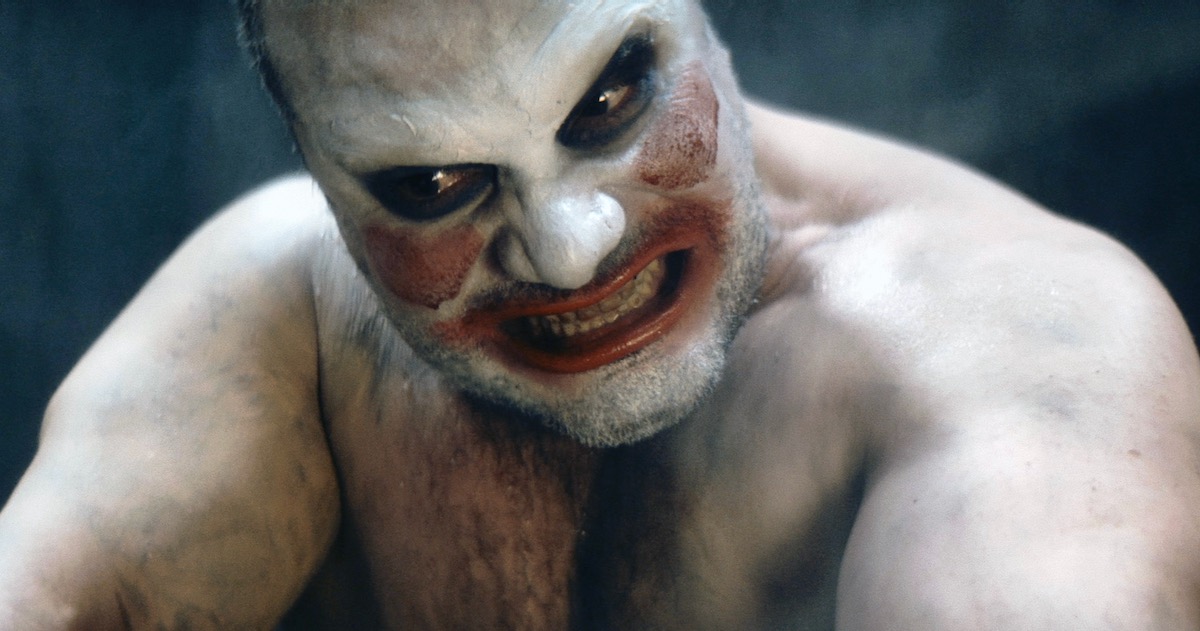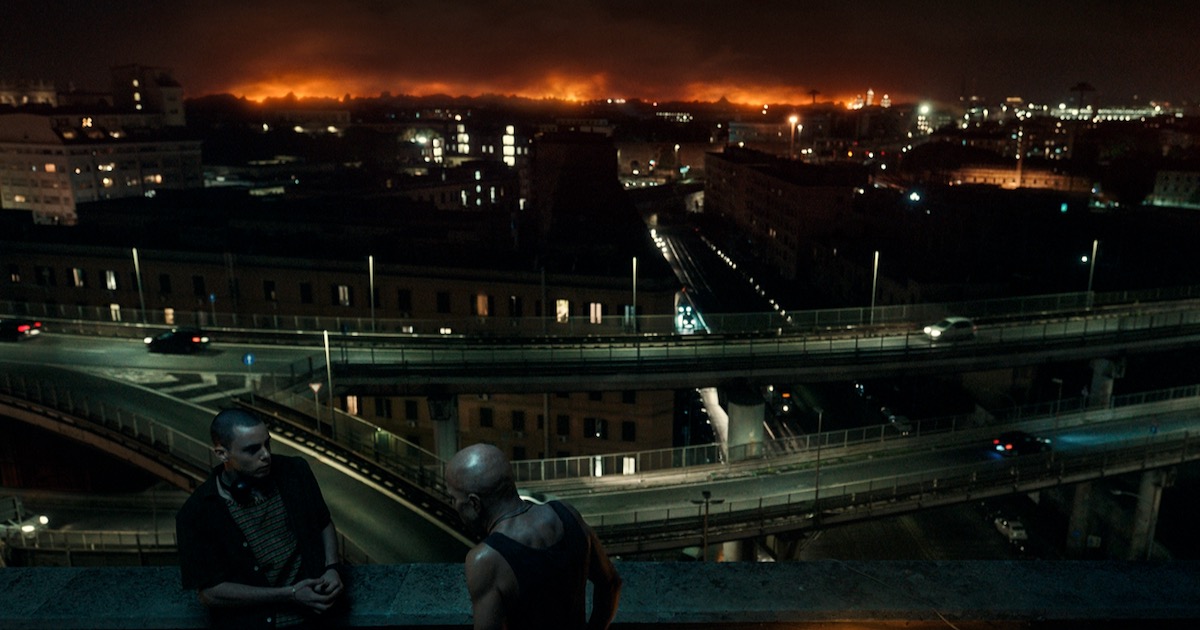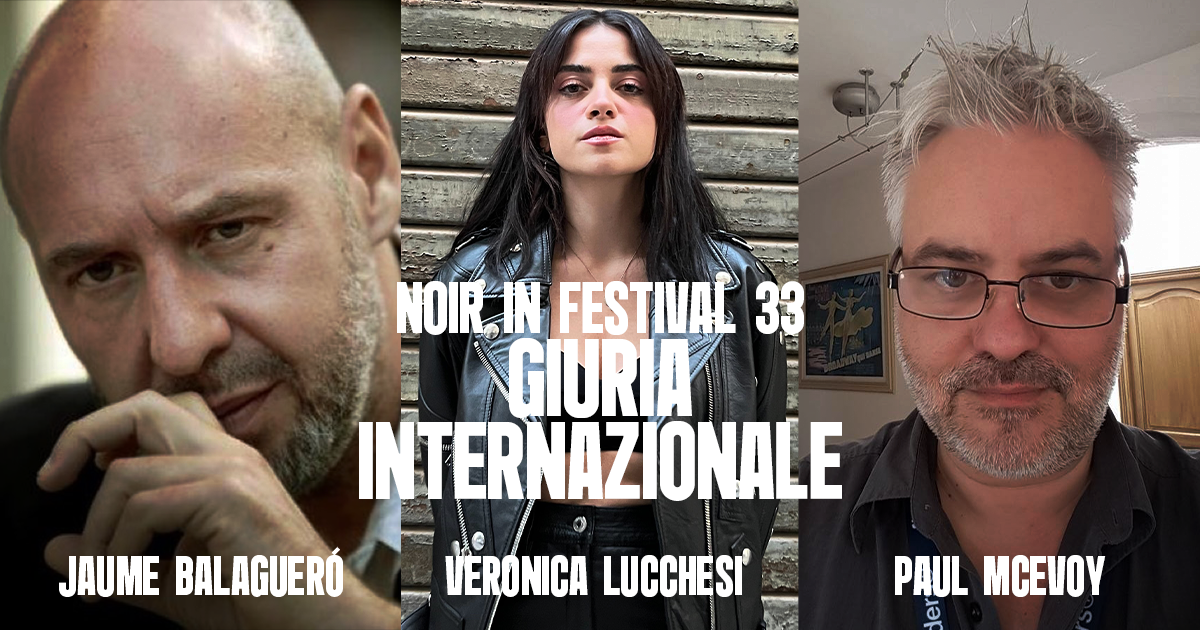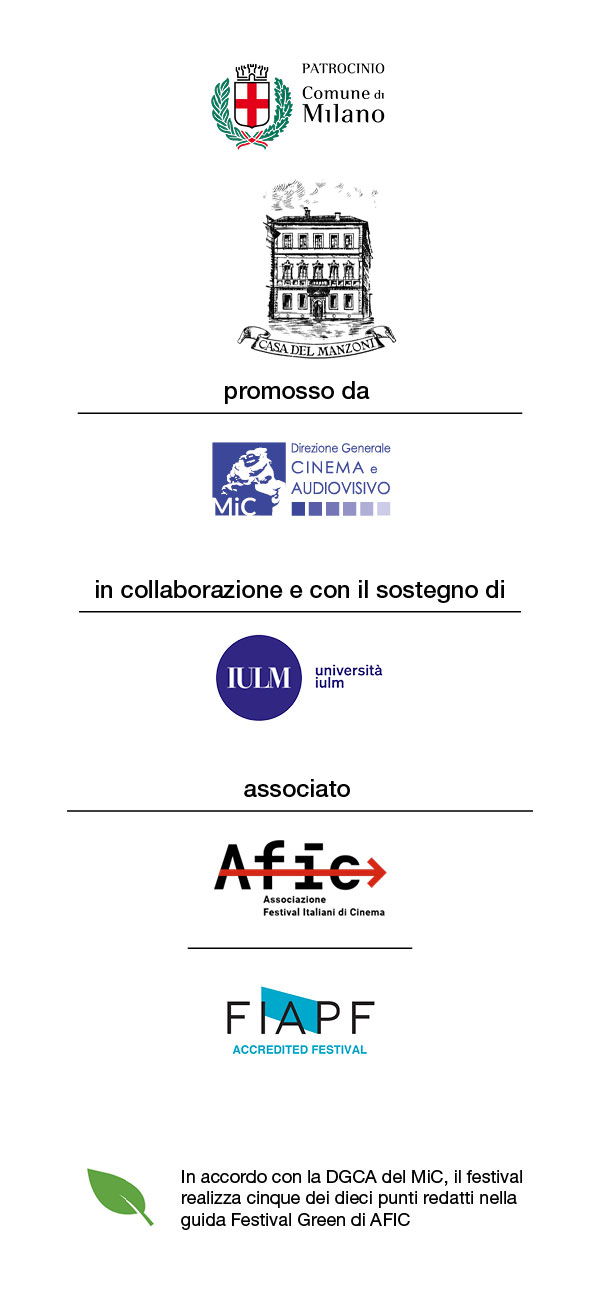MACADAM
Madame Rose, a woman with a mysterious past, is the owner of a seedy hotel in Montmartre. She has a young daughter, Simone, who is a domestic at the hotel. One day, Victor walks in. He’s a petty criminal with a certain amount of notoriety. He’s pulled off a huge heist and entrusts the loot to none other than Madame Rose. But she’d like to have it all for herself and reports the thief to the police. The hotel owner now has to watch her back, as Victor seeks revenge. screenplay Jacques Viot cinematography Louis Page editing Isabelle Elman music Jean Wiéner Marguerite Monnot sound René-Christian Forget production design Jean d'Eaubonne cast Françoise Rosay (Madame Rose) Paul Meurisse (Victor Ménard) Andrée Clement (Simone) Simone Signoret (Gisèle) Paul Demange (Marcel) Georges Bever (Armand) Jeannette Batti (Mona) Felix Oudart (Léon) production B.U.P. Française copy Fondazione Cineteca Italiana restauro digitale 2K Jacques Feyder (Ixelles, Belgium, 1885 – Prangins, Switzerland, 1948) was one of the leading French directors of silent films. When he came to Paris in 1911, he immediately started working as a stage and film actor and an assistant to Gaston Ravel. He made many short films at that time. In 1921, he would shoot to fame thanks to his first feature, Missing Husbands, a blockbuster about the city of Atlantis, based on the novel by Pierre Benoît and full of plot twists and visual effects. Feyder went on to direct Crainquebille (1922), seeing to the set design himself, and other feature films such as Carnival in Flanders (1935), by many considered to be his masterpiece. He continued directing up to the Nazi occupation, when he fled to Switzerland. In 1944, he wrote his memoirs, Le cinéma, notre métier, and then returned to the film set one more time, supervising Macadam by Marcel Blistène. Marcel Blistène (Paris, 1911 – Grasse, 1991), a journalist and then director’s assistant, started directing films right after the Second World War, his debut with the film Étoile sans lumière being in 1946. It was an enormous success, due in no small part to its lead actress, Édith Piaf. The cast also featured two young actors, Yves Montand and Serge Reggiani, in their twenties. The same year, Blistène co-directed Macadam with Jacques Feyder. His next film titles spanned an array of genres, from the police comedy (Rapide de nuit, 1948) and the biopic (Le sorcier du ciel, 1949) to the slapstick comedy (Bibi Fricotin, 1951) and the psychodrama (Sylviane de mes nuits, 1957). In 1959, he directed Édith Piaf once again, in the film Les Amants de demain, which would be his last for the big screen before turning to television for the rest of his career. Jacques Feyder 1946 Macadam 1942 Une femme disparaît 1939 La loi du Nord 1938 Fahrendes
